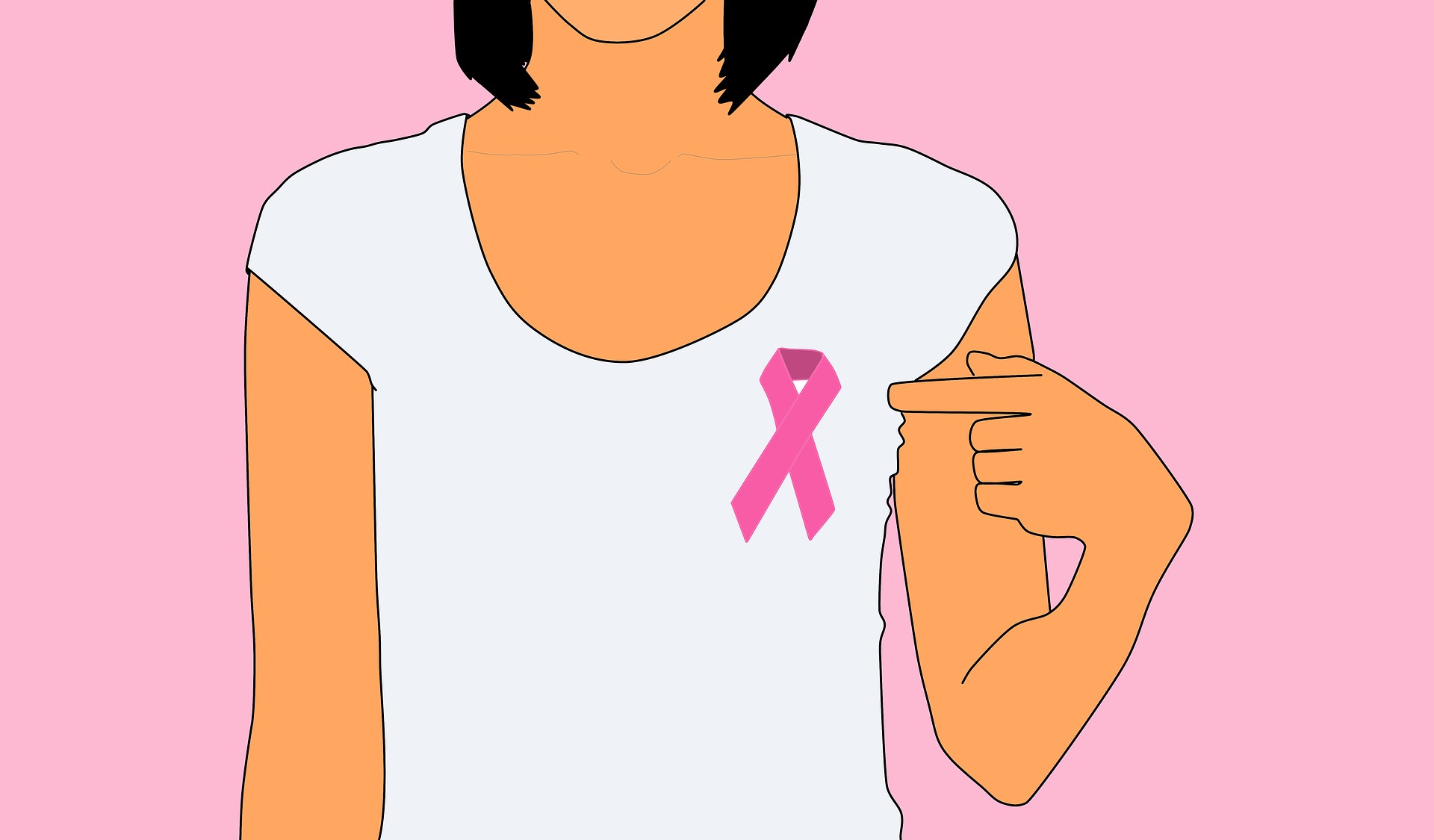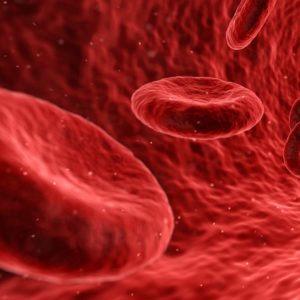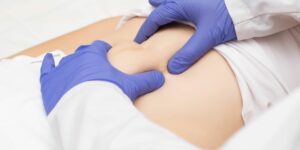
It’s a proven fact that the earlier breast cancer is detected the more successful treatment often is. For that reason, women are strongly encouraged to have regularly scheduled mammograms. In addition, awareness campaigns about breast self-exams do a great job of educating women to check for any lumps in their breasts.
However, there are other symptoms besides lumps that you should be aware of in your vigilance about breast cancer.
The National Breast Cancer Foundation offers a guidebook called Know the Symptoms that provides a helpful summary of changes in how your breasts look and feel that may indicate breast cancer, including the following:
Changes In How The Breast Or Nipple Looks
Changes in the texture of the skin on and around the breast can be concerning. Sometimes the pores become enlarged, or there may be raised ridges or pitting on the skin of the breast, similar to the appearance and texture of an orange peel. Dimpling that occurs anywhere on the breast should also be examined.
Breast cancer can cause changes and create inflammation in skin cells that can lead to red, swollen, or scaly skin on your breast, areola, or nipple. The skin may appear as if it’s been sunburned or is extremely dry. Similarly, you should consult with your doctor if you notice skin thickening on any part of your breast.
Watch for any change in the size or shape of the breast that can’t be explained by pregnancy, breastfeeding, or significant recent weight changes. Unusual swelling or shrinkage of the breast, especially if the change occurs on only one side or in one area of a breast, should be checked out by a doctor,
Likewise, while it’s common for women to have one breast that’s slightly larger than the other, if the breasts have only recently become asymmetrical, or more noticeably asymmetrical than they were previously, you should consult with your doctor.
You should also talk with your doctor if you notice that one of your nipples has turned slightly inward, or if the nipple appears inverted. Plus, any nipple discharge, especially if it’s clear or bloody, should be checked out.
Changes In How The Breast Or Nipple Feels
Although undiagnosed breast cancer is typically painless, changes in skin cells that cause inflammation can sometimes cause pain, tenderness, and discomfort in the breast. Some women who have experienced pain that’s related to breast cancer describe it as a burning sensation.
In addition, any part of the breast that has become scaly, red, or has a thickening of the skin may also be accompanied by itchiness.
Finally, because breast cancer can affect nearby lymph nodes and restrict how freely lymph fluid is able to flow, you should pay extra attention if you feel swelling in your armpit and/or near your collarbone. Swollen lymph nodes can feel like a small nodule, and may or may not be tender to the touch.
Keep in mind that the presence of any of the above symptoms do not automatically mean that you have breast cancer. Normal aging and changes in hormone levels will lead to breast changes throughout your lifetime.
Plus, there are many other conditions that can potentially cause breast changes that may involve some of the symptoms listed above, including infections, cysts, fibrocystic changes, eczema, and dermatitis. However, it’s wise to see your doctor for an evaluation and accurate diagnosis to understand what’s really going on.
Key Takeaway
The most important action you can take is to check your breasts regularly and be familiar with how they typically look and feel, including any usual changes before, during, and after menstruation. Develop a solid understanding of what’s normal for you and what’s not.
If you do notice a change that isn’t normal for you, make an appointment to have it checked out by your doctor. If it is indeed a symptom of breast cancer, the sooner you have it evaluated further and properly diagnosed, the better the chances are of treating it successfully. And if it isn’t a symptom of breast cancer, you’ll have peace of mind that you have nothing to worry about and that you’re being proactive about your health.
Remember, too, that in most cases breast cancer doesn’t cause any symptoms. Mammograms continue to be the key to early detection and successful treatment, so be sure to schedule regular screenings according to your age or as your doctor advises. (See With Different Guidelines On When To Get Mammograms, Here’s How To Tell What’s Right For You.)
The surgeons and specially-trained staff at Evansville Surgical Associates treat all aspects of breast cancers as well as benign breast conditions at both the Deaconess Midtown and St. Vincent-Evansville Breast Centers. Our dedicated breast physicians include Dr. Joshua M. Aaron, Dr. Mallory S. Bray, Dr. Matthew S. Field, and Dr. Kristi K. Peck.
With the most advanced breast health techniques and treatments in digital mammography, diagnostic ultrasound, breast MRIs, and stereotactic and ultrasound guided needle biopsy capabilities, our breast surgeons and navigators work closely with medical oncologists, radiation oncologists, and plastic surgeons to ensure that each patient receives the best care possible.
Established in 1969, Evansville Surgical Associates celebrates 50 years of providing leading-edge comprehensive and compassionate surgical care. Learn more about our physicians and our practices by visiting our website, or by calling us at 812.424.8231 or 800.264.8231.



